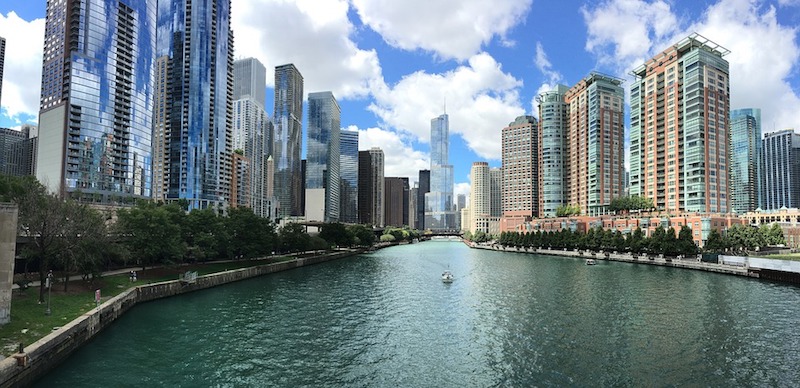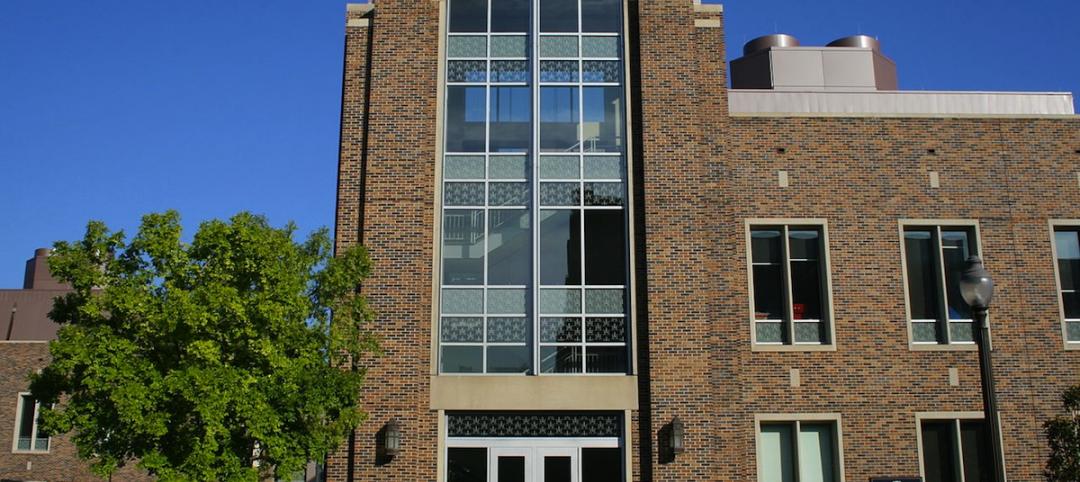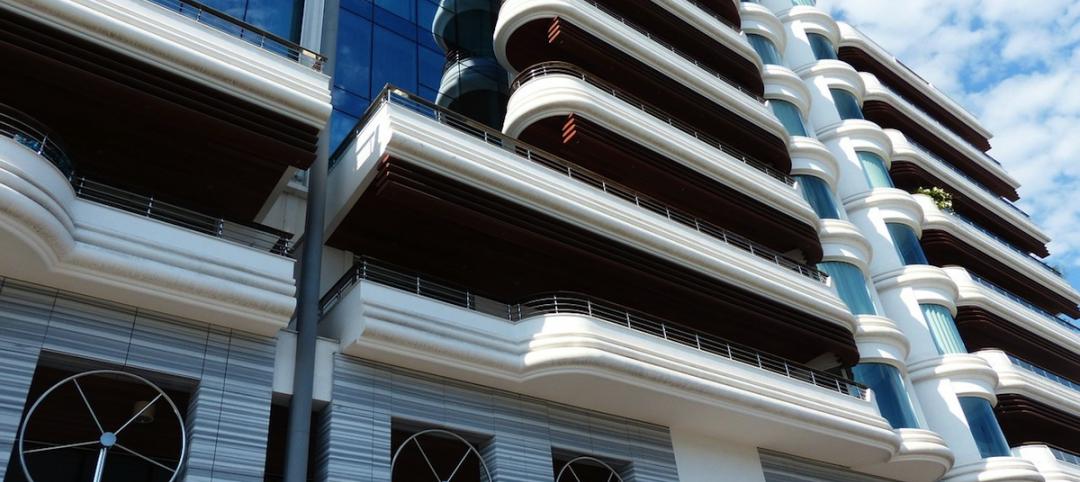Action on buildings codes is fundamental to efforts to significantly reduce urban carbon emissions, according to a report published by the Chicago Council on Global Affairs.
Cities in the most developed countries should encourage faster retrofit cycles and increase energy-efficiency requirements for existing buildings, the report says. In addition, they should develop zero-carbon energy codes for new construction and transition to an all-electric future.
In less-developed urban areas, the primary challenge is to quickly develop and implement energy codes for new construction while fostering energy-efficiency improvements in appliances. Increasing local capacity for code enforcement is another important component.
Cities in developing markets need to create base energy codes to avoid locking in decades of high carbon usage in new construction and address concerns about access to modern energy sources. The report looked at 10 global cities and highlighted a set of principles to reduce carbon emissions.
Related Stories
Codes and Standards | Jul 16, 2015
Oregon to spend $300 million for seismic updates on public buildings
A survey found that more than 1,000 Oregon school buildings face a high risk of collapse during earthquakes.
Smart Buildings | Jul 12, 2015
Office of Management and Budget asks agencies to consider climate change when budgeting for construction projects
For the first time, the U.S. Office of Management and Budget is asking agencies to submit budget plans that consider the effects of climate change on construction and maintenance of federal facilities.
Engineers | Jul 12, 2015
White paper explores low-flow toilets’ impact on drain lines, clogs
The research found that certain variables: toilet paper—along with the pipe slope and flush volume—are key variables in determining whether drain lines might be predisposed to clog.
Contractors | Jul 9, 2015
Opioid abuse blamed for increase in worker injuries, business losses
Insurance giant CNA says concerns are increasing in the construction industry.
Codes and Standards | Jul 8, 2015
California Supreme Court upholds affordable housing requirements
Court cites affordable housing crisis of ‘epic proportions.’
Codes and Standards | Jul 6, 2015
First valuation advisory for green and high performance property adopted
The document provides voluntary guidance to appraisers on the background and competency necessary to credibly value green buildings.
Codes and Standards | Jun 24, 2015
Maryland’s Prince George County turns to P3s to build green infrastructure
Over the next 10 years, the county must convert 15,000 acres of watertight surfaces—almost 5% of the county's total area—into surfaces that absorb or treat rainwater.
Codes and Standards | Jun 24, 2015
Philadelphia considers more incentives for green building
Developers could be allowed additional height, floor area on projects that meet benchmarks.
Codes and Standards | Jun 24, 2015
LEED building at Duke University may be retrofitted to prevent bird deaths
More birds die from colliding with buildings at Duke than on any other campus in a 45-school survey conducted by Augustana College. Duke is located along the Atlantic Flyway, a bird migration route.
Codes and Standards | Jun 24, 2015
Balcony collapse in Berkeley, Calif., prompts an examination of codes
Dry rot and too much weight appear to be the causes of a fatal accident at an eight-year-old building in Berkeley, Calif.
















